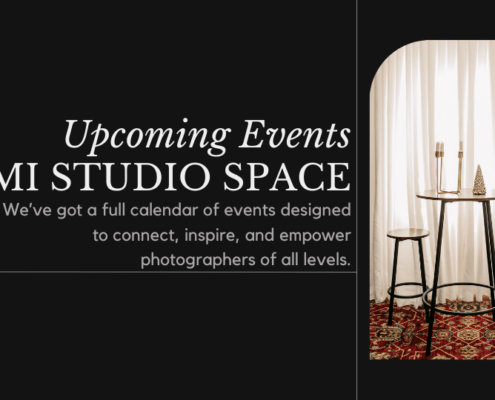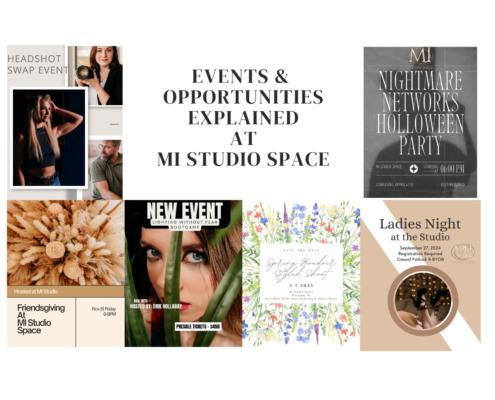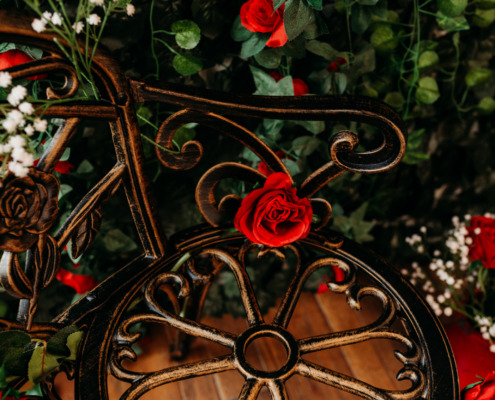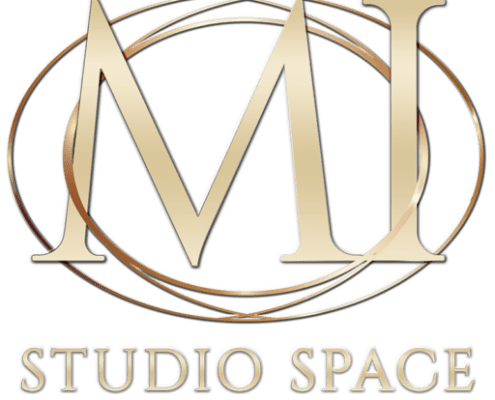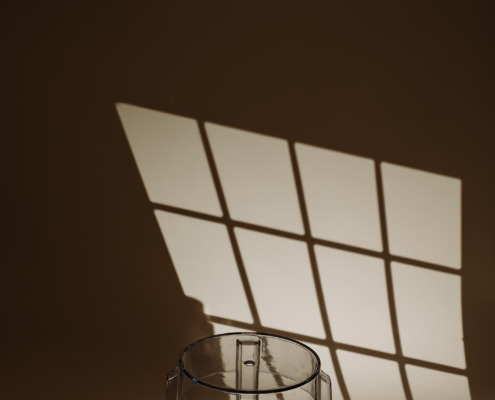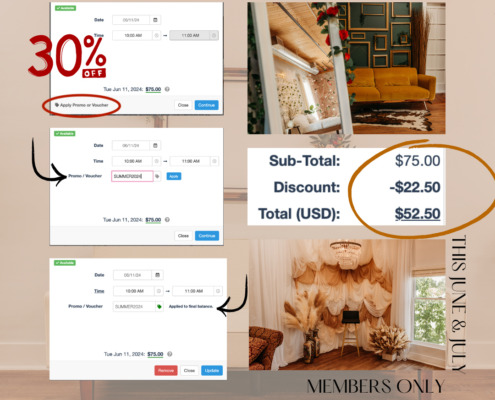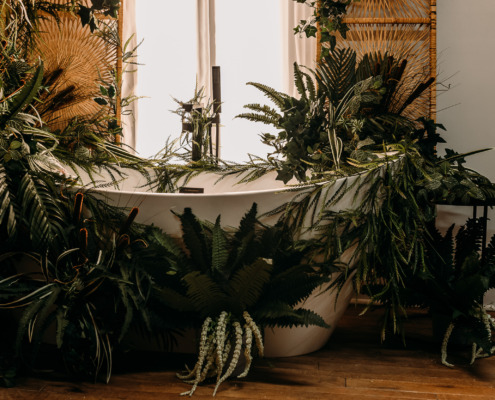MI Studio Space
Copyright Etiquette Do‘s & Don’ts
DO: Credit the Original Creators
If you’re using someone else’s image as part of a mood board, always give proper credit. Even if the image is meant to inspire rather than be duplicated, acknowledging the original creator is essential. This can be as simple as tagging them on social media or including their name in your credits. Credit should always revert back to the original image with a clear indication of where to find it. For example, use phrases like “Link in Bio” over the image or provide a direct link to the original source. This ensures the creator’s work is properly attributed and helps maintain ethical standards in our industry.
DON’T: Present Others’ Work as Your Own
It might seem tempting to use an amazing photo to promote your upcoming event or shoot, but passing off another photographer’s work as your own is not only unethical—it could get you into legal trouble. Always ensure that your marketing materials reflect your own portfolio or credit the images appropriately.
DO: Use Images for Inspiration, Not Duplication
Mood boards are a fantastic way to communicate the vibe or style you want to achieve, but it’s crucial to remember that inspiration doesn’t mean copying. Draw on other images for ideas, but make sure you are adding your unique twist. This keeps your work original and fresh, which is something clients will appreciate.
DON’T: Assume Anything on the Internet is “Free”
Just because an image is on Google or Pinterest doesn’t mean it’s free to use. Many photographers spend hours crafting the perfect shot, and their work is their livelihood. If you find an image that you want to use, check the licensing or ask for permission before incorporating it into your mood board or event material.
DO: Get Permission When Needed
If you’re planning to use an image in any formal context—whether that’s a presentation to a client, marketing material for your business, or a mood board that’s being shared publicly—it’s always best to ask for permission from the photographer. Most creatives are happy to let you use their work as long as they’re credited and the usage falls within fair terms.
DON’T: Overlook the Importance of Licensing
Different images come with different licensing agreements. Some may be free to use under Creative Commons, while others require payment or permission. Take the time to understand what type of license an image is under before using it for your business or creative projects.
DO: Educate Your Clients
Clients may not always understand the importance of copyright and intellectual property rights. Take the opportunity to educate them about why you can’t use certain images without permission or payment. This not only helps protect your business but also builds trust with your clients, showing them that you are a professional who respects the creative community.
DON’T: Assume Copyright Laws Don’t Apply to Mood Boards
Just because a mood board isn’t a final product doesn’t mean it’s exempt from copyright laws. Using other photographers’ work in any way that isn’t covered by fair use (like private study, research, or critique) without their permission could still land you in hot water legally.
Final Thoughts & Additional Resources on Copyright & Intellectual Property in Photography
At the end of the day, respecting copyright laws is not just about legality—it’s about showing respect to the creators who pour their time and passion into their work. While we aren’t offering legal advice, the above guidelines reflect common industry etiquette and aim to help you navigate the fine line between inspiration and infringement. When in doubt, get permission, give credit, and create something unique that adds your signature to the photography world.


